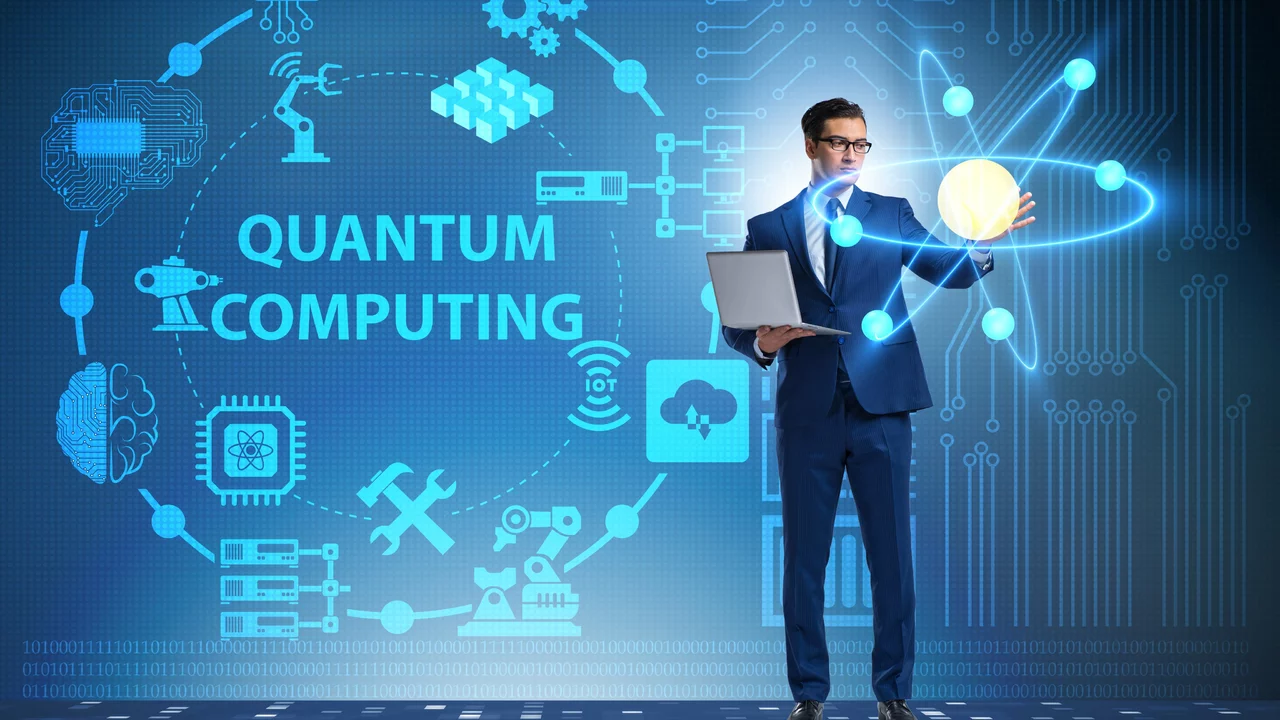
Introduction to Quantum Computing
Ever since the invention of the first digital computer, technology has been advancing at an unprecedented rate. Today, we stand at the precipice of yet another major leap in computational power with the advent of quantum computing. Quantum computing takes advantage of the strange and fascinating rules of quantum mechanics to process information in a fundamentally different way than traditional computers.
Understanding Quantum Mechanics
Before we delve into quantum computing, it's crucial to understand some basic principles of quantum mechanics. Quantum mechanics is a branch of physics that explores the behavior of particles at the quantum level, that is, the smallest level possible. It introduces concepts such as superposition and entanglement, which are key to the functioning of quantum computers.
Bits vs Qubits
Traditional computers process information in bits, which can either be a 0 or a 1. Quantum computers, on the other hand, use quantum bits or qubits. Qubits can be both 0 and 1 at the same time thanks to the principle of superposition. This allows quantum computers to process a vast number of possibilities simultaneously.
The Power of Superposition
Superposition is a fundamental principle of quantum mechanics. It allows particles to be in multiple states at once. For a quantum computer, this means that a qubit can be both 0 and 1 at the same time. This property is what gives quantum computers their superior computational power. They can process a vast amount of data simultaneously, solving complex problems much faster than conventional computers.
Entanglement: The Heart of Quantum Computing
Entanglement is another crucial concept in quantum computing. When qubits become entangled, the state of one qubit is directly related to the state of the other, no matter how far apart they are. This phenomenon leads to an exponential increase in computational power as more qubits are added to a quantum system.
Quantum Information
Quantum information is the information that a quantum system possesses. It's different from classical information because it can be in a superposition of states. This means that quantum information can be processed in ways that classical information can't, opening up new possibilities for computation and data processing.
Quantum Gates and Circuits
Just as classical computers use logic gates to perform operations on bits, quantum computers use quantum gates to perform operations on qubits. Quantum gates manipulate the state of qubits, allowing for complex calculations to be performed. These gates form the building blocks of quantum circuits, which are used to perform quantum computations.
Applications of Quantum Computing
The potential applications of quantum computing are vast and exciting. They range from solving complex mathematical problems and optimizing large systems, to simulating quantum systems and breaking cryptographic codes. However, it's important to note that quantum computing is still in its early stages, and it will likely be several years before we see its full potential realized.
Challenges and the Future of Quantum Computing
Despite its immense potential, quantum computing also faces significant challenges. These include maintaining quantum coherence, scaling up quantum systems, and developing error correction protocols. However, with rapid advancements in technology and increasing investment in research, the future of quantum computing looks promising.
